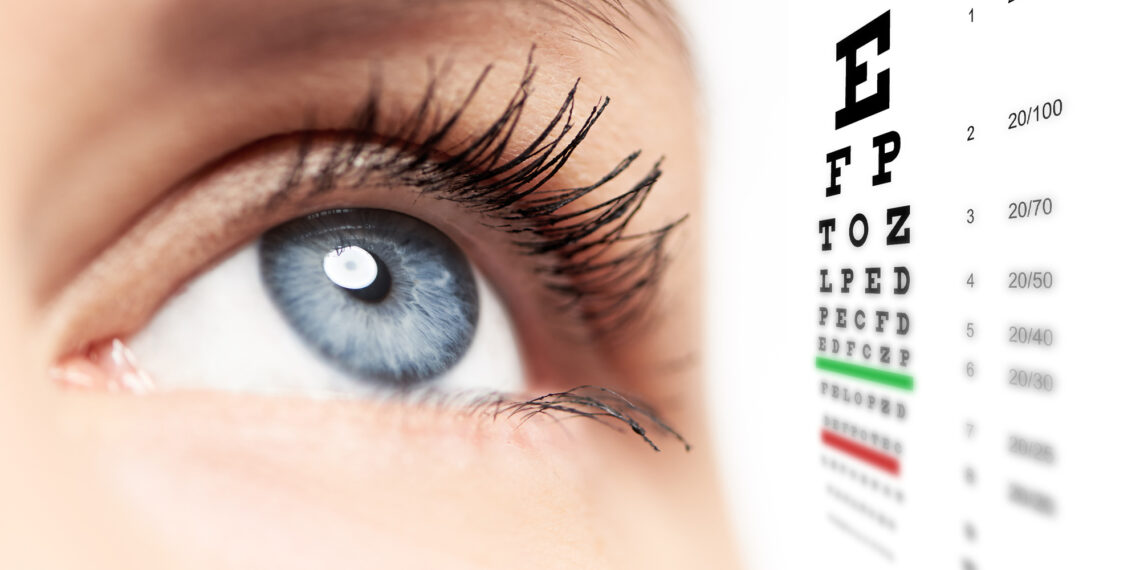Entrepreneurs and business owners lead busy lives. In the case of startup founders, it often means insanely busy lives that don’t leave a lot of time for health checkups and self-care. It also means they probably aren’t getting their vision checked.
That is unfortunate since around 40 percent of people need corrective lenses for near-sightedness. More importantly, vision typically declines as we age, which means good vision at 20 can mean a need for glasses at 40. That does raise a couple of questions:
“Do I need glasses? How can I tell?”
If you’re wondering how to tell if you need glasses, keep reading for some key signs to watch out for.
Table of Contents
You Squint at Things
Sometimes, people squint at things when they’re confused. If you find yourself squinting at things you want to see on a regular basis, that is one sign of bad eyesight.
The eye is flexible to an extent. When you squint, you can subtly change the shape of the eye, which can slightly improve your vision. It’s a temporary fix to a permanent problem.
If you’re squinting all the time, make an appointment with an eye doctor.
Persistent Headaches
Constant squinting and trying to make your eyes focus can create tension in your head, neck, and eyes. In more extreme cases, it can lead to eye strain. All of that can trigger persistent headaches.
Of course, headaches can come from a lot of places. While you should get a yearly eye exam, don’t assume declining vision is the cause of your headaches.
Trouble Reading
For anyone over the 40-years-old threshold, difficulty reading is a common issue. As the lens in your eye loses some of its flexibility, you’ll find focusing on objects that are close more difficult. If you find yourself struggling more and more with reading, you may need some corrective lenses.
Blurry Vision
One of the more common causes of blurry vision after basic eye strain is astigmatism. Astigmatism just means that light doesn’t hit the retina evenly. A little mild astigmatism is common and often needs no correction.
If you find your vision getting blurrier and blurrier, though, glasses may be in your future.
What to Do if You Notice Signs You Need Glasses
Your main step is an appointment with an optometrist. They’ll run through a series of tests that will let them diagnose any vision problems and recommend corrective lenses if needed.
If you’re worried about how you’ll look with glasses, Medical Arts Eye Clinic & Optical offers name brand eyewear.
Do I Need Glasses? Maybe
Do I need glasses isn’t a question you can answer on your own. You may know your vision is off in some way, but you’ll need an expert to tell you if you need corrective lenses.
You should still keep an eye out for signs you need glasses. If you notice one or more of those, schedule an appointment with an optometrist. They can tell you for sure if you need glasses or a different treatment.
Looking for more health tips? Check out the posts over in our Health section.

